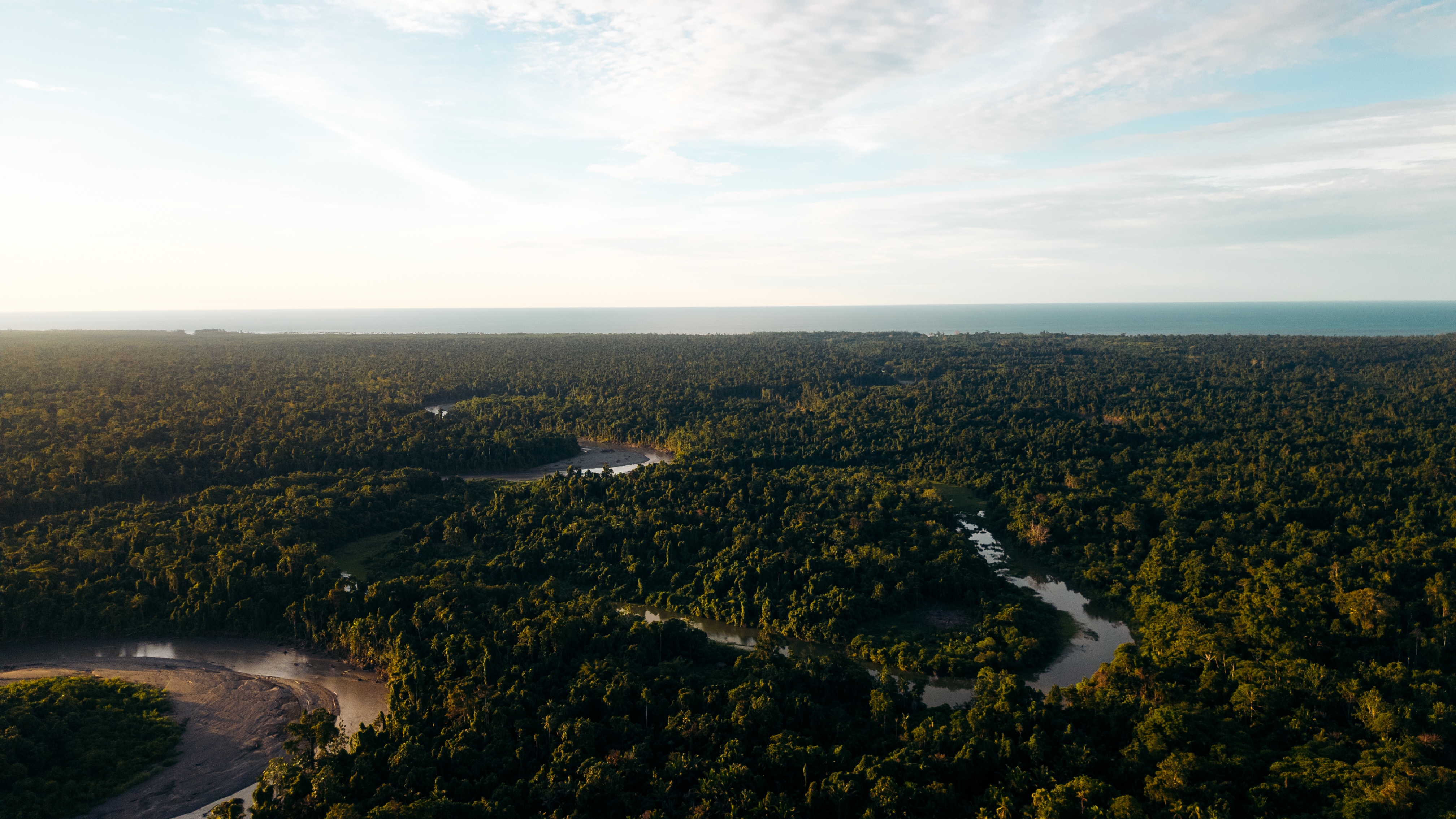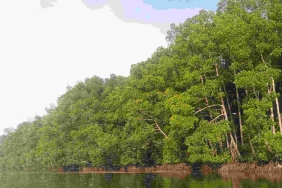JAMBI LAUNCHES FIRST PROVINCIAL-LEVEL FOREST GOVERNANCE INDEX IN INDONESIA
Jambi Province, launched Indonesia's first District-level Forest Governance Index today (22/12) in Jambi City. The report provides an analysis of Jambi Province's current governance status and the implications of Reducing Emissions from Deforestation and Forest Degradation (REDD+) as well as an analysis of forest governance in nine districts in Jambi Province, which cover more than half of the province's forested area.
Jambi was one of ten provinces assessed in the 2012 National Forest Governance Index - the first of its kind in the world - developed by UNDP Indonesia's PGA with support from the UNREDD Programme and the -SIAP II Consortium. The report is based on an assessment conducted by a panel of experts from various scientific and institutional backgrounds in Jambi Province and nationally.
UNDP Indonesia Director, Beate Trankmann, said that the findings of the report are expected to help not only the Jambi Provincial government but also other provinces in Indonesia to improve forest, land and REDD+ governance in their respective regions.
"Such improvements are essential to protect Indonesia's extraordinary tropical forests as a source of life for its people," Trankmann said.
The report uses a scale of 1 to 100 - 1 being the lowest and 100 the highest - to calculate the overall value of REDD+ forests, land and governance at the district level. The average result for the nine districts studied is an index of 33.80, indicating some weaknesses in policies and regulations, implementation mechanisms, and stakeholder awareness and capacity to protect forests in Jambi Province.
"In short, there is quite a lot of room for improvement," Trankmann added.
The report also confirms previous findings and recommendations from the National Forest Governance Index, namely 1) the need for faster resolution of land and forest tenure disputes, 2) the importance of equitable management of forest resources, 3) the need for transparency in managing forest licenses and forest land allocations to the private sector, and 4) the importance of improving internal oversight functions and strengthening legal capacity to understand and prosecute key actors involved in deforestation and forest degradation activities.
Jambi Governor, Hasan Basri Agus said that all parties involved, including the business community, need to work harder to improve forest governance in Jambi Province.
"This is a must because we need to continuously improve forest governance in Jambi Province in an open manner. Furthermore, we want to ensure that this governance is free from corrupt practices," said Hasan Basri.
WWF-Indonesia CEO, Dr. Efransjah, said that the SIAP II Consortium appreciates the launch of the Jambi Province Forest Governance Index as a reference for various parties to continue improving the quality of forest governance in Jambi Province. As the home of a charismatic animal and one of Indonesia's key animals, the Sumatran tiger, as well as the life support of millions of its people, Jambi's forests require the integrity of the local government supported by the business sector and civil society components for its sustainability.
For more information, please contact:
Tomi Soetjipto, UNDP Indonesia Spokesperson (suryo.tomi@undp.org, +62811-888814)





